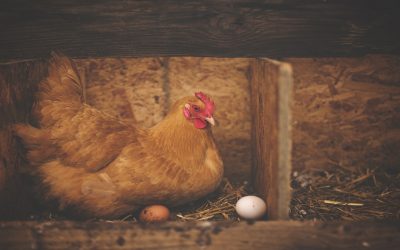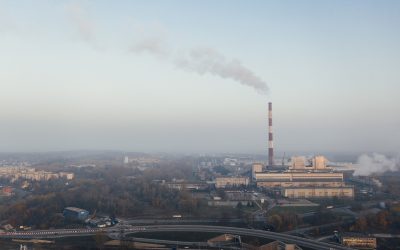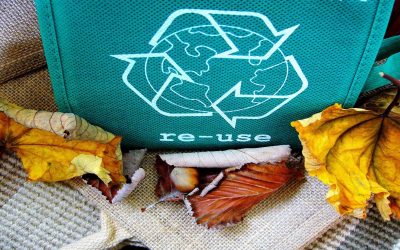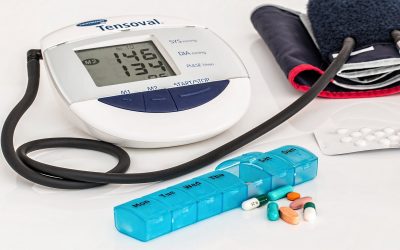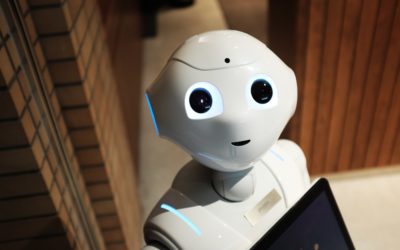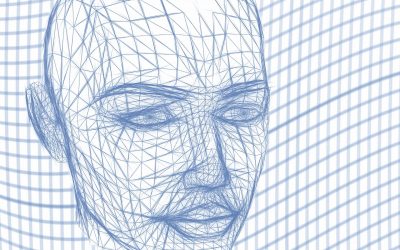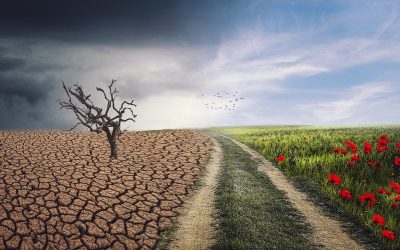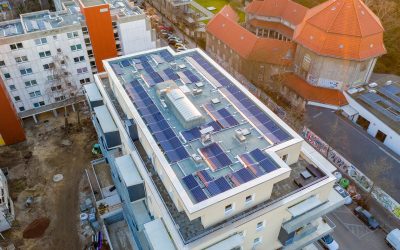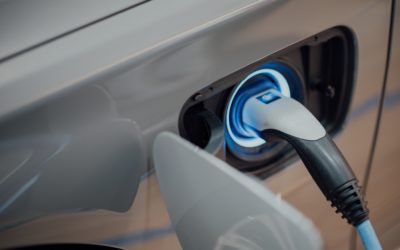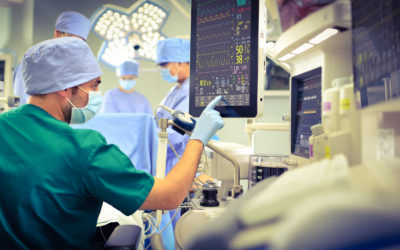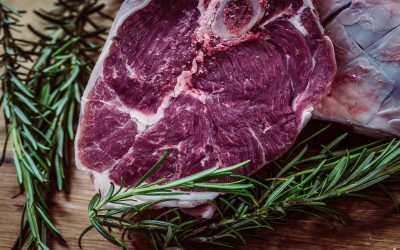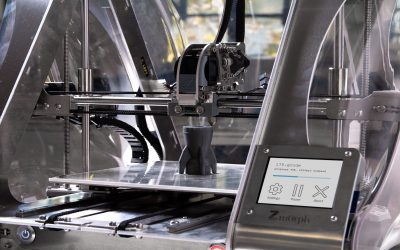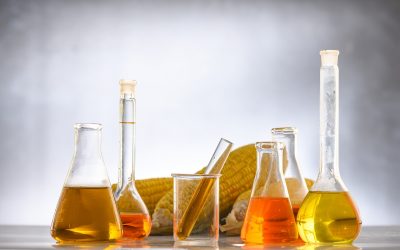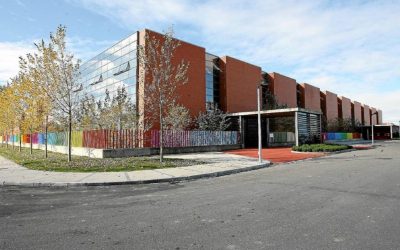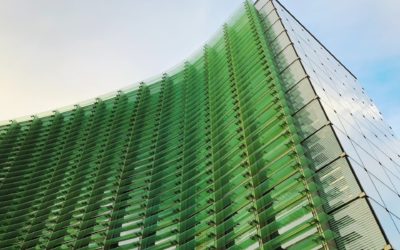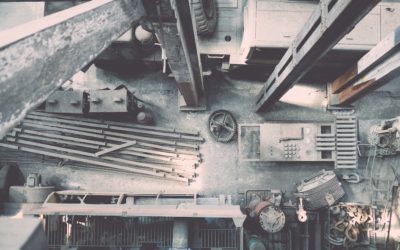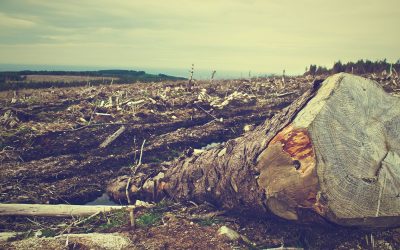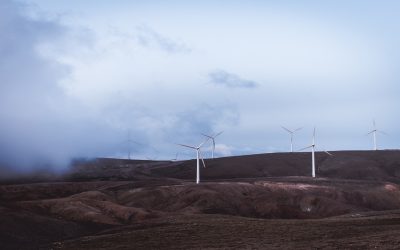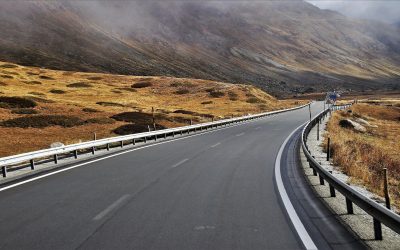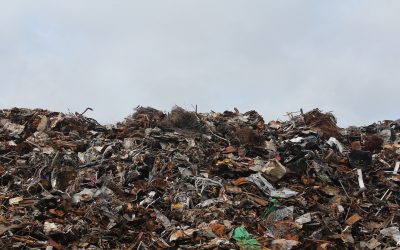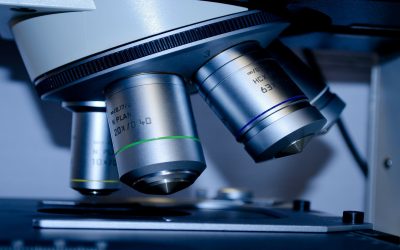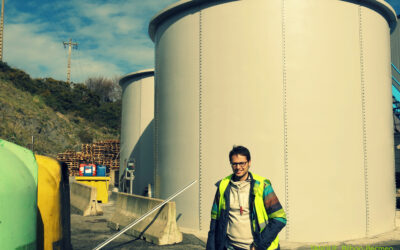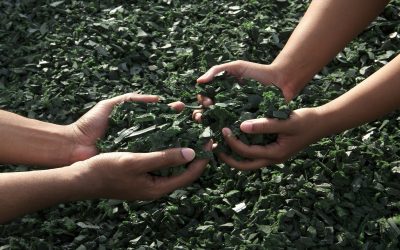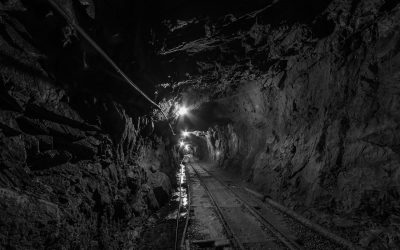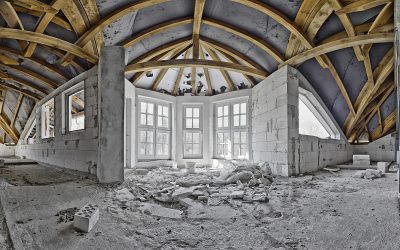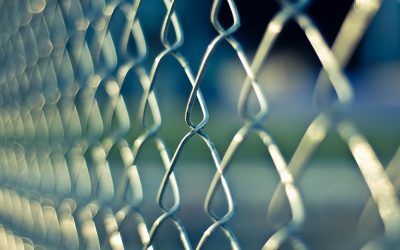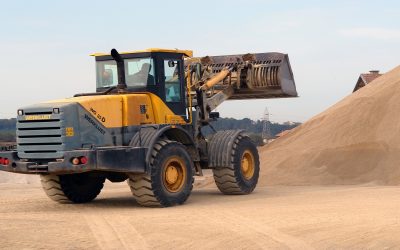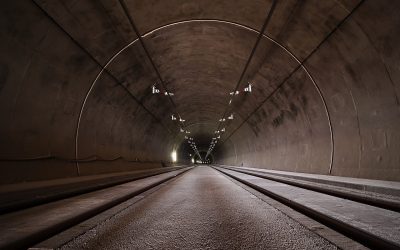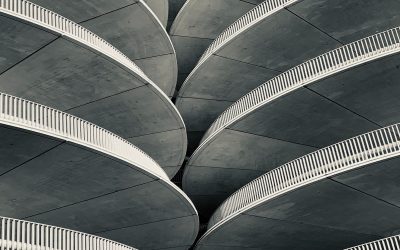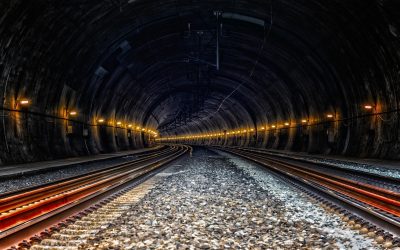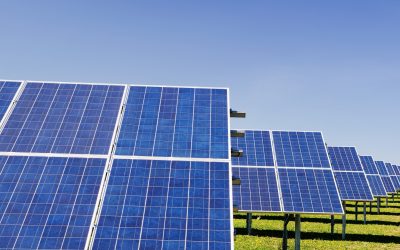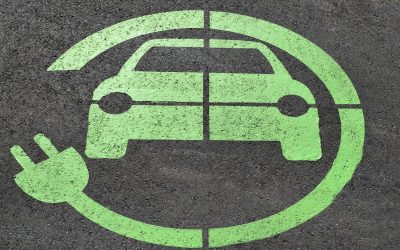CARTIF Projects
Study of the use of alternative protein sources from agro-industrial by-products.
Description
Proteins are one of the essential macronutrients in the diet that are facing a foreseeable shortage due to the strong demand that exists to cover the needs of the coming population. In order to meet this demand, as well as the quality requirements that must be met, new sources of protein need to be incorporated into the diet and processing methods need to be developed to make it easier to obtain and consume. Among the many solutions proposed for this so-called protein transition, the search for new, more sustainable protein sources and the use of technology to make the most of existing resources and use them in a more sustainable way are valued.
As part of its strategy of using technologies to improve the use of alternative sources and the possibility of recovering the value of by-products, the Centre is working on the valorisation of components of the by-product matrix generated during processing and how the use of technologies such as extrusion can help to increase their applicability. In addition, the Centre has been working since the beginning of the Area’s activity on the development of healthier foods by reformulating existing foods, substituting alternative raw materials of greater nutritional value in food formulation and applying processes that promote the increased use of less conventional ingredients and by-products.
The research line aims to increase the extractability of protein sources and other compounds of nutritional interest, naturally present in by-products generated in the transformation processes of the food industry, through the use of “green technologies” of pre-treatment such as extrusion, which allows the transformation of the components of the material to increase its subsequent applicability.
This line includes the need to include equipment that allows the characterisation and quantification of parameters that define the properties of ingredients and finished products at a higher level than conventional chemical determinations. SEM-EDS (Scanning Electron Microscope with Energy Dispersive Spectroscopy) and RVA (Rapid Viscosity Analyser) equipment can contribute significantly to the characterisation of extruded proteins by providing valuable information on the structure, characterisation of particle size and morphology, composition, functional and rheological properties of the extracted proteins.
Objectives
- Acquisition and commissioning of new equipment.
- Identification and improvement of alternative protein sources for incorporation into healthier and more sustainable foods.
- Study of the application of pre-treatment processes as methods for extracting and modifying proteins and other nutrients from agri-food by-products.
- Study of the techno-functional properties of raw materials from valorisation and evaluation of their application to the development of healthy and sustainable foods.
Expected Results
- It will further deepen the knowledge of the starting material by being able to know exactly how the processes affect the molecular structure and thus how they affect the techno-functional properties to the benefit or detriment of identifying new applications for the development of new products.
- Obtaining protein sources from the valorisation of by-products creates an opportunity to meet the Sustainable Development Goals. It will be possible to identify and quantify the effectiveness of these processes and of the extracted proteins to be used as new ingredients without harming the environment.
- A beneficial impact on health, associated with digestibility and amino acid composition, is expected from the way these proteins are extracted, associated with the knowledge that will be established of the process parameters during extraction and the determination of the properties by means of the equipment that is the subject of this investment.
- The aim is to increase the added value of natural resources such as the by-products generated by the usual activity of the food industry to be used as a source of new ingredients, thus closing the production cycles and helping to minimise the impact of food waste.
R&D Line
- Research into the use of new protein sources and application of innovative technologies for modifying the techno-functional properties of ingredients and obtaining new food products.
Subvención de Apoyo a la inversión para la mejora de las capacidades científicas y tecnológicas de los Centros Tecnológicos de la Comunidad de Castilla y León (2023)
File: 2023 CCTT 09
![]()
![]()
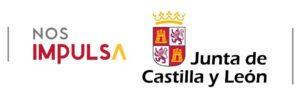
Total Budget: 342,000€
CARTIF Grant: 171,000€
Duration: 02/10/2023 – 31/05/2024
Co-financed with ERDF funds contributing to the Policy Objective “OP1: A more competitive and smarter Europe, promoting innovative and intelligent economic transformation and regional connectivity to information and communication technologies”.
Responsible
Belén Blanco Espeso
Division of Agrifood and Processes
Networking
Other projects:
MSP-REFRAM
MSP-REFRAM will address these challenges by creating of a common multi-stakeholder platform in order to support the implementation of the EIP on Raw Materials.
Social&Smart-SANDS
Social&Smart-SANDS it´s about creating a protocol by which household appliances can exchange information on use and results and learn from it to achieve more efficient operations.
FERTINOVO
The FERTINOVO project develop intelligent fertilizers through the valorization of by-products derived from the poultry multiplication activity of the laying sector.
LIFE BATTLE CO2
The LIFE BATTLE CO2 Project has developed an innovative process, in which the use of biomass as an alternative fuel allows a decrease in CO2 emissions and enhances the development of low carbon processes.
REPARA 2.0
REPARA 2.0 aims to develop new technologies and methodologies that support infrastructure management and allow the rehabilitation and conservation of any type of road at a lower economic and environmental cost.
HPCONGRID
HPC Ongrid project collaborates with Siemens Gamesa Renewable Energy (SGRE) in the develop and programming of different components of a hybrid generation plant controller.
LACTISHOE
The LACTISHOE project deals with obtaining new products from the footwear sector that will have excellent regenerative properties in the skin with which they are in contact, due to the innovative incorporation of microencapsulated lactic acid.
LIFE PAVEtheWAySTE
The LIFE PAVEtheWAySTE project wants to facilitate the implementation of the Waste Framework Directive in remote areas by allowing local and regional authorities to improve the operation of their municipal recycling systems and thereby pave the way towards high efficiency of the resources.
GAPSA
The GAPSA project’s main objective is to clearly define the real savings obtained due to the savings measures that will be implemented in the 33 primary care health centers
MARCA
MARCA provides the maintenance operator with tools that facilitate access to content, communications and technologies necessary for the guidance, support and registration of maintenance work. It is based on technologies of augmented reality, mobility and communication, as well as a knowledge base for incident management.
E2REBOT
E2REBOT is based on the integrated appplication of a wide spectrum of technologies for movement control and force interaction: mechatronics, virtual reality, haptic control, interfaces and bio-feedback.
INCEPTION
INCEPTION develops new methods and tools for automated 3D modelling and analysis of European cultural assets proposing advancements on hardware and software, as well as new approaches for Cultural Heritage 3D data inclusive access and exploitation by means of the so called INCEPTION-Platform.
SALUS
SALUS project appears due to the lack of techniques able to detect geomembrane damages before these cause the rupture, and therefore, the environmental pollution
RENERPATH-2
The goal of the project called “Energy Refurbishment Methodology for Heritage Buildings” (RENERPATH-2) is to establish a specific European pre-normative, focused on the energy refurbishment of heritage buildings, whether public or private use, in parallel with the newly constructed buildings law.
Green eMotion
Green eMotion aims at enabling mass deployment of electromobility in Europe. Develop and demonstrate a commonly accpeted and user-friendly framework consisting of interoperable and scalable technical solutions in connection with a sustainable business platform.
SOLUCII
The SOLUCII project generate a technical advance that allows the development of an innovative support system for the comprehensive analysis of patients in intensive care units with support for medical decisions based on ICTs.
CIEN PROGRESO
The CIEN PROGRESO Project develop innovative solutions for protein processing and its application in new food products adapted to population groups with specific needs.
REMOURBAN
REMOURBAN’s objective is to develop and validate in three lighthouse cities (Valladolid-Spain, Nottingham-UK and Tepebaşı-Turkey) an urban, holistic and replicable regeneration model that facilitates the process of transforming urban environments into more sustainable and intelligent areas.
3DCONS
The 3DCONS Project (New Construction Processes by means of 3D Printing) focuses on 3D printing technologies in the construction industry and covers several areas: robotics, the search for new materials, process automation, the technological drive of building and the development of design tools based on Building Information Modelling (BIM).
LIFE BIOSEVILLE
Life BIOSEVILLE develops an integrated system for the value of frying oils generated in the city of Seville. This system ranges from oil collection logistics to obtaining a more efficient, competitive and ecological biofuel.
LIFE VALPORC
The goal of the LIFE + VALPORC is to demonstrate a sustainable alternative to the management of pig carcasses and manure, focusing on the environmental problems derived from its current management and valorizing these wastes by transforming them into biofuels (biogas and biodiesel) and organic fertilizers,
LIFE SMART Hospital
The LIFE SMART Hospital Project has promoted the sustainability of the health sector through the deployment of best practices and available technologies, training programs and replication of experience.
CITyFiED
The CITyFiED European project, co-financed by the European Commission under the Seventh Framework Program, aims to develop an integrated strategy to adapt existing cities to more sustainable and smart cities.
MODINTECO
The aim of MODINTECO project is to develop prototypes of Automatic Tool Changers for milling machines, modular and adaptable, intelligent and autonomous, universal..
VALOR-PLUS
The VALOR-PLUS supports the realisation of sustainable, economically viable closed loop integrated biorefineries through the development of new knowledge, (bio-)technologies and products that enable valorisation of key biorefinery by-products.
REEMAIN
The REEMAIN project combines cutting-edge knowledge and experience to develop and demonstrate a methodology and platform that drives the efficiency of energy and material resources.
LIFE EQUINOX
The Life-EQUINOX project has developed a new method that allows asphalt roads to “capture” NOx in the atmosphere, thanks to a chemical reaction that uses solar radiation and titanium dioxide.
LIFE COLRECEPS
The main objective of the COLRECEPS project is the implementation of a prototype demonstration plant to recycle residual EPS and obtain EPS beads. With these pearls, new recycled EPS prototype products will be manufactured.
LIFE REVAWASTE
The LIFE REVAWASTE project (www.revawaste.eu) was born proposing the sustainable management of a broad spectrum of waste in an integrated plant or “Mixed Plant”.
LIFE DIOXDETECTOR
The technique developed in the LIFE DIOXDETECTOR project for the quantification of PCDDs / PCDFs will represent a revolution compared to other traditional techniques, due to multiple innovative aspects such as the reduction of both sampling and analysis times and the reduction of the costs of analysis, among others.
LIFE EUCALYPTUS ENERGY
The LIFE EUCALYPTUS ENERGY Project consists of the pyrolysis of eucalyptus biomass for the production of electricity and biochar. It is intended to make use of the residual biomass of eucalyptus forest exploitation.
WTANK
development of a new tank of more than 2000m3 by means of a new production process called ‘flex moulding’ and materialised with fibreglass reinforced polymeric composite panels (FRP) for application in the wastewater treatment sector.
SHBUILDINGS
SHBUIDINGS develops a degradation prevention system that at the same time serves for the complete management of historic buildings, using advances in sensoring, Internet of things (IoT) and cloud computing, providing objective criteria for decision-making on actions to be carried out in the building where that system is deployed.
RECALZA
RECALZA proposes to develop a chemical recycling process of the generated polyurethane foam residues, to obtain the polyol again and re-manufacture new products (recycled soles) that meet the requirements for the footwear sector.
BIOSELENER
BIOSELENER develops functional systems for the supply of solid biomass for energy purposes, based on the selective zonal implantation of agroforestry crops.
INFIT
In INFIT, automatic data capture systems have been developed to obtain an accurate and objective image of the tunnel surface.
AVANRES
The process of production and management of Construction and Demolition Waste (C&D waste or CDW) is standardized and responds to a series of administrative steps, according to the law. The process is aimed at reducing C&D waste and its correct management and treatment, but sometimes results in inefficiencies arising from the bureaucratization of the evaluation of compliance with the requirements.
OPTIRAIL
The OPTIRAIL project developed a comprehensive tool, based on Fuzzy and Computational Intelligent techniques, to manage all the elements that are relevant for track maintenance, predicting future conservations needs with optimal allocations of resources.
CALYPSO
The purpose of the CALYPSO project is that the inspection process can be enriched by automatic pattern recognition techniques.
PREFEX
PREFEX Project “Advanced techniques for the prediction of the excavation front”, co-financed by the Spanish Ministry of Economy, develop new tools to improve the safety conditions in underground works
SITEER
Currently, inspections of road and rail tunnels are carried out manually. CARTIF and Geocisa have studied how to implement technologies that allow inspecting automatically tunnels to achieve its preventive maintenance, developing a system which is able to organize the collected data.
PAVIREX
The PAVIREX project, “New safer pavements in extreme temperature conditions”, was co-financed by the Ministry of Science and Innovation and FEDER Funds, through the INNPACTO 2011 call. The consortium of the project is formed by CARTIF, Grupo Campezo, Euroestudios , Proas (Cepsa), Eiffage, the University of Oviedo and the University of the Basque Country.
CONREPOL
The CONREPOL project will evaluate both chemical procedures based on the use of compounds that increase the surface polarity (silane coupling agents) of the waste and physical treatments with the same objective.
GEOMAF
The GEOMAF project provides railroad maintenance companies with a system that optimizes the maintenance of the railway superstructure and infrastructure.
RENERPATH
This project, which was developed between 2011 and 2013, established an energy rehabilitation methodology based on novel and non-intrusive techniques for the energy analysis applicable to public and private heritage buildings.
SHERIFF
The SHERIFF Project (Hybrid and Economic System of Flexible Integral Facade Rehabilitation) new tools for the energy rehabilitation of buildings.
INNOLIVO
INNOLIVO uses new technologies and processes for the development of innovative olivar products intended for new international markets of high added value
GREEN-CAR
The GREEN CAR ecodesign Project applies the ecodesign methodology to several components of the “electric vehicle” system: batteries, converter, charging points, conditioning systems and auxiliary systems from renewable sources


